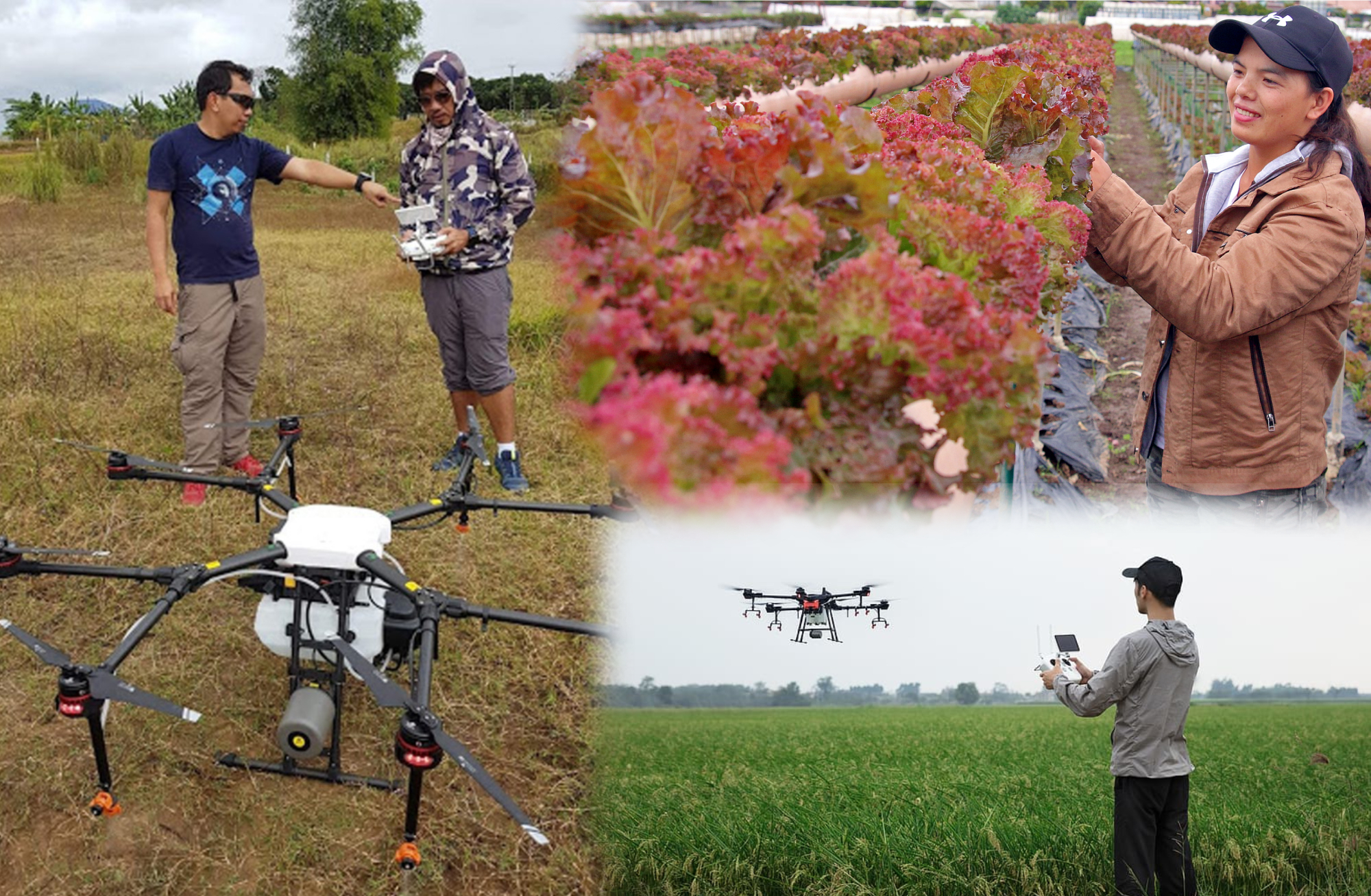
With only a matter of time before the majority of the country’s farmers bid farewell to farming due to old age, Agriculture Secretary William Dar is looking at transforming Philippine agriculture into a competitive, science- and technology-backed industry, managed by young, innovative Filipinos.
Once again, the agri chief enticed the Filipino youth and underscored their key role in building on the foundation laid by the Duterte administration to attain a food-secure, resilient and industrialized Philippine agriculture, during the 2020 Future Science Leaders Forum (FSLF) conducted by the National Academy of Science and Technology (NAST).
“Today, the average age of our farmers ranges from 57 to 60 years, meaning it will be only a matter of time before they retire, and thereafter we see a decline in the 10-million farmer-workforce that feeds our countrymen. Hence, engaging the youth is imperative to sustain our progress towards a fully food-secure nation,” said Secretary Dar.
To lure the younger generation, he said the DA is embarking on a technological transformation program aiming at “Agriculture 4.0” that would digitalize the country’s agriculture and fishery sector.
“We believe that the best way to keep the wheels of innovation moving is by influencing the younger generation to take interest in the vast and fascinating world of science,” the agri chief said.
“Born at a time when technological sophistication defines competition, the Filipino youth definitely has so much to offer in our Agriculture 4.0 agenda,” he added.
“We wish to see young Filipino farmers and agripreneurs help Philippine agriculture shift from traditional farming into a modern, industrialized and competitive sector that employs innovative approaches and modern technologies,” he said.
“With technology, we envision smart farms being built and run by the millennials and X-Gens. We want to bring dignity and prosperity to farming, thus enticing more people into agriculture,” said Secretary Dar.
“Agriculture 4.0” aims to embrace opportunities of the fourth industrial revolution that employs modern technologies like hydroponics, genetic modification, blockchain, drones, powerful data analytics, and nanotechnology to increase and sustain food productivity, quality, and incomes of producers, the agri chief concluded. ### (Kuhlin Gacula, DA-StratComms)













